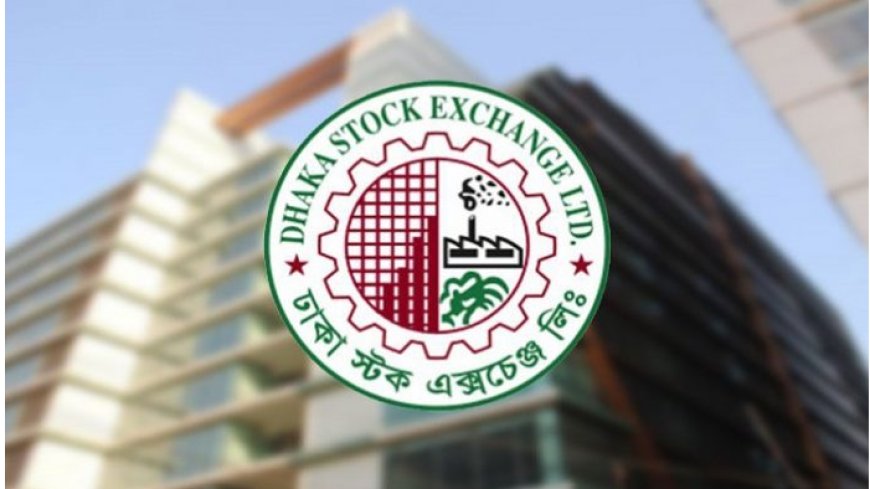Trillions of takas have been misappropriated from the stock market through manipulation and fraud
Trillions of takas have been misappropriated from the stock market through manipulation and fraud

The devastating stock market crash in Bangladesh during 2010-11 revealed the dark side of a financial system plagued by manipulation, fraud, and ineffective regulatory oversight. According to the White Paper on the State of the Bangladesh Economy, share prices soared under the influence of powerful business groups and regulatory failures. Between 2009 and 2010, shares of some companies skyrocketed by 300 to 900 percent. However, within a few months, the Dhaka Stock Exchange's benchmark index dropped nearly 50 percent, wiping out $27 billion in market capitalization—equivalent to 22 percent of the country's GDP.
The White Paper indicates that trillions of takas were embezzled through fraudulent activities, including the manipulation of placement shares and deceptive Initial Public Offerings (IPOs), as outlined by a government-appointed panel of economists. The market collapse led to widespread despair, with some investors even resorting to suicide as social unrest spread throughout the country. The roots of this crash were reminiscent of the 1996 stock market disaster.
The panel observed that both crashes were driven by collusion among institutional investors, high-net-worth individuals, and brokerage firms, who manipulated stock prices to enrich themselves at the expense of retail investors.
An investigative team formed after the 2010-11 crash uncovered numerous irregularities, such as placement trading, inflated IPO valuations, and questionable transactions through omnibus accounts. Despite public outcry, many culprits evaded accountability, often protected by political ties.
The White Paper also highlighted the growth of a manipulation network involving entrepreneurs, auditors, and issue managers, who exploited regulatory loopholes and public trust.
Market intermediaries suffered severe losses, with merchant banks and brokerage firms collectively facing Tk 13,000 crore in negative equity. The development of the capital market has stagnated since the crash, with few new listings, virtually no corporate debt securities, and market capitalization lagging behind regional peers.
A 2023 study by the Centre for Policy Dialogue revealed continued distrust, with 56.3 percent of businesspeople citing weak regulatory enforcement and 50 percent pointing to suspicious trading in secondary markets. Although reforms like the Demutualization Act of 2012 and the Financial Reporting Act of 2015 aimed to restore integrity, systemic issues remain, according to the White Paper.
What's Your Reaction?





















































































